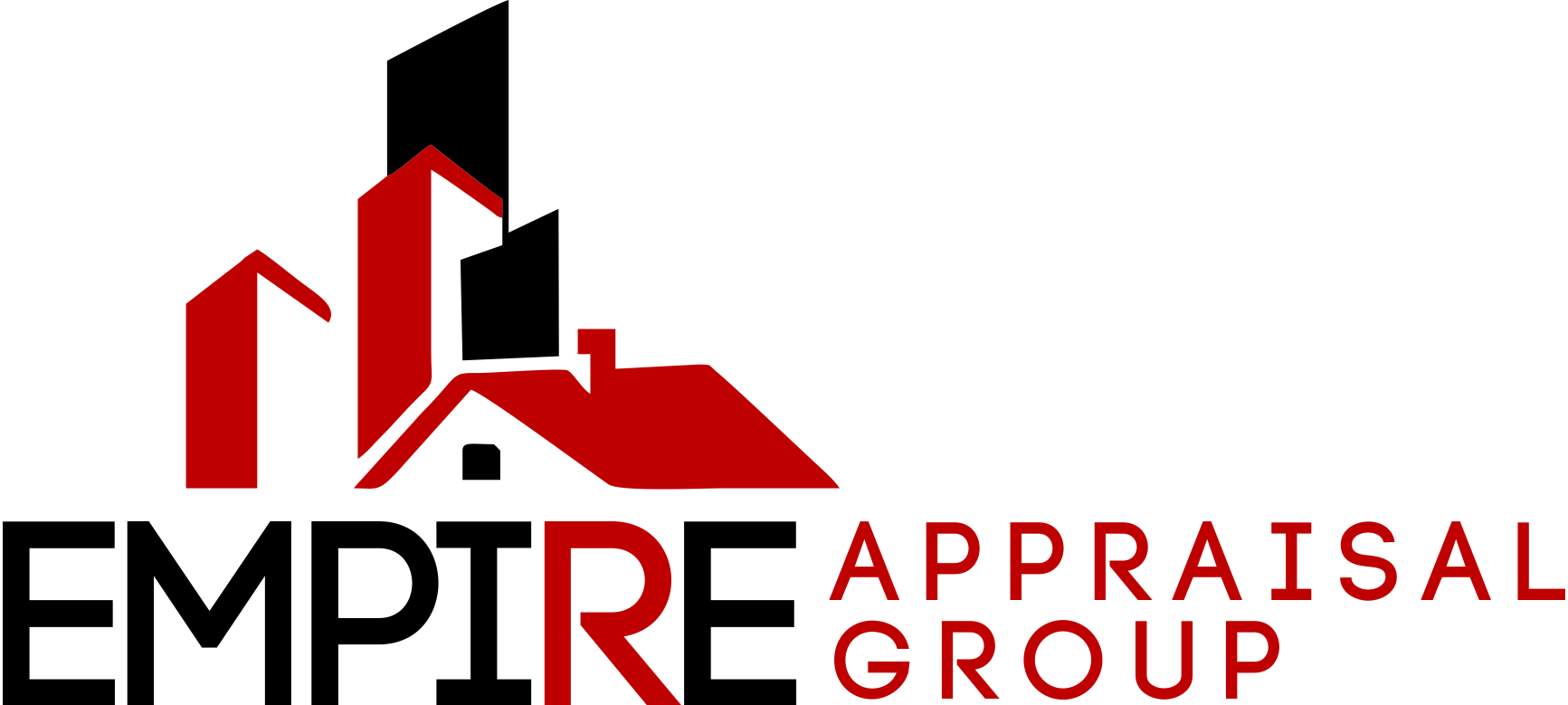How to Spot a Real Estate Bubble
Source: https://www.trulia.com/blog/sign-of-local-real-estate-bubble/?ecampaign=con_cnews_digest&eurl=www.trulia.com%2Fblog%2Fsign-of-local-real-estate-bubble%2F

One sign of a real estate bubble? When more buyers are looking to flip a place than to live in it.
Worried about the rise of a bubble? Watch out for these signs.
If you buy during a bubble, overpaying for your home, you might be forced to sell for less than the property is worth—either that or hunker down and stay put until you can build up enough equity to break even. So if you’re thinking of buying, it’s important to know the signs of a real estate bubble.
So, what is a bubble, exactly? “It’s when people aren’t basing their decisions on sound economic data,” explains Trulia’s Chief Economist, Ralph McLaughlin. “Instead, they’re acting because they get caught up in the excitement—or the panic—of the moment.” Here’s how it plays out: As more and more people frantically buy into a market with skyrocketing demand and prices, homebuyers stretch themselves too far financially. Then, when the bubble bursts and demand and prices plummet, you get foreclosures and faulty loans galore.
But don’t panic. McLaughlin says, “Though some markets are overheated at the moment, we don’t think any are in bubble territory. Prices are going up, but there’s a sound reason for it. Inventory is near historic lows and demand is solid—that’s a ripe environment for prices to increase. If the market were flooded with supply and prices still increased, that would be a sign we’re in a bubble. And that’s exactly what happened ten years ago.”
If you took a hit in the 2008 bursting of the housing bubble, you’re likely a little nervous about history repeating itself. Arm yourself with knowledge about signs that would indicate the real estate market is entering a bubble.
5 Signs of a Real Estate Bubble
1. Shaky loans become the norm.
Subprime lending—lending to anyone, regardless of how qualified they are—is considered one of the main culprits of the 2008 housing crash. As we learned from the vast number of foreclosures that followed, the bursting of a real estate bubble exposes the risks of approving buyers for loans they normally wouldn’t qualify for and ultimately cannot afford.
Sep Niakan, an agent with HB Roswell Realty in Miami, Florida, says a rise in this type of “creative lending” is one indicator of an impending bubble.
But Jason Reed, an agent for Remax Results in Minneapolis, Minn., points out that things are different this time around: “The loose-lending practices—like interest-only loans and ARMs—that fueled price increases and created artificial demand in the years before 2008 either no longer exist or are no longer popular.”
2. Homes are leveraged to the hilt.
When you take out a mortgage, you’re leveraging your money—the smaller your down payment, the more you’re leveraging the deal with a lender’s money. “And a bubble means lots of leverage,” says Jonathan Miller, president of Miller Samuel Inc., a New York City real estate appraisal company.
When buyers stretch themselves financially to buy into a hot market, they turn to financing with little to no money down. This can spell doom down the road, explains Niakan: “Once prices adjust downward, many homeowners are left with a home with zero or even negative equity.”
McLaughlin says he’s watching this closely: “If down payments decrease, my anxiety over the possibility of a bubble will increase.”
3. Living expenses rise faster than salaries.
One thing that gets people talking about a bubble is “a rapid run-up in prices that isn’t matched by wage growth,” says Miller. But he points out that as long as credit conditions from bank lenders are tight, there won’t be runaway price inflation.
According to Phillip Lang, COO of Triplemint, a New York brokerage firm, “fast-growing cities are the first place to look for the next bubble.” Right now, for example, Austin and Nashville are experiencing record growth in home prices, so keep an eye on the market in burgeoning cities like that.
4. Real estate investors and flippers are everywhere.
“When you see average people with little real estate experience suddenly becoming ‘real estate investors,’ that can be a sign that the end of the up cycle is near,” says Niakan. “The same goes when more people are buying to flip a place or lease it out than to live in it.”
This scenario played out during the 2008 crash—house investing and flipping became the norm, especially in the areas where housing prices were shooting up. In a report released by MIT Management Sloan School, finance professor Antoinette Schoar argues that these fix-and-flip homebuyers with high credit ratings and lots of leverage contributed to the crash just as much as the subprime lending we hear so much about.
5. Interest rates start to rise.
Low interest rates make mortgages more affordable for buyers and help keep demand high. For many would-be buyers, the interest rate is the deciding factor between continuing to rent and jumping into the local real estate market. For this reason, when interest rates rise, demand for housing tends to fall.
“If interest rates increase by 1 percent, all the houses will suddenly become much less affordable, and you’ll see lower demand and a sinking housing market,” says Juan Diaz, a Northern California real estate investor. This can spell the beginning of the end of a housing market boom.
About Empire Appraisal Group, Inc.
Establish in 2005, Empire Appraisal Group, Inc., is Broward County’s leading residential appraisal company as a result of their accurate and reliable appraisals, excellent customer service, and quick turn times. When working with an appraiser, integrity and professionalism are essential, and Empire Appraisal Group has a well-established reputation for providing the best appraisal experience. Daniel Lindeman, the Chief Appraiser, is considered one of the top property appraisers in Florida, with nearly 15 years of expertise and 7,000+ appraisals to his credit.
We ‘specialize’ in helping people who need appraisals for estate purposes, divorce, bankruptcy, FSBO’s and more.
We also work closely with realtors to help establish listing prices, these pre-listing appraisals ensures sellers get top dollar for their home.
In addition, to homes of all shapes and sizes, we also appraise condos, multifamily homes, boat docks, land, as well as specialty properties. No job is too big or too small, from manufactured homes to mansions.
Call Empire Appraisal Group directly with any questions concerning your real estate values at 561-441-9298. Also, check out our ‘Reviews’ page and see what others are saying about Daniel Lindeman and Empire Appraisal Group, Inc.
We provide residential appraisal services to all cities in Broward County: Parkland, Coral Springs, Coconut Creek, Dania Beach, Cooper City, Davie, Deerfield Beach, Fort Lauderdale, Sunrise, Hallandale Beach, Hillsboro Beach, Hollywood, Lauderdale by the Sea, Lauderdale Lakes, Lauderhill, Lighthouse Point, Margate, Miramar, North Lauderdale, Oakland Park, Pembroke Pines, Plantation, Pompano Beach, Sea Ranch Lakes, Tamarac, Weston, Wilton Manors.

